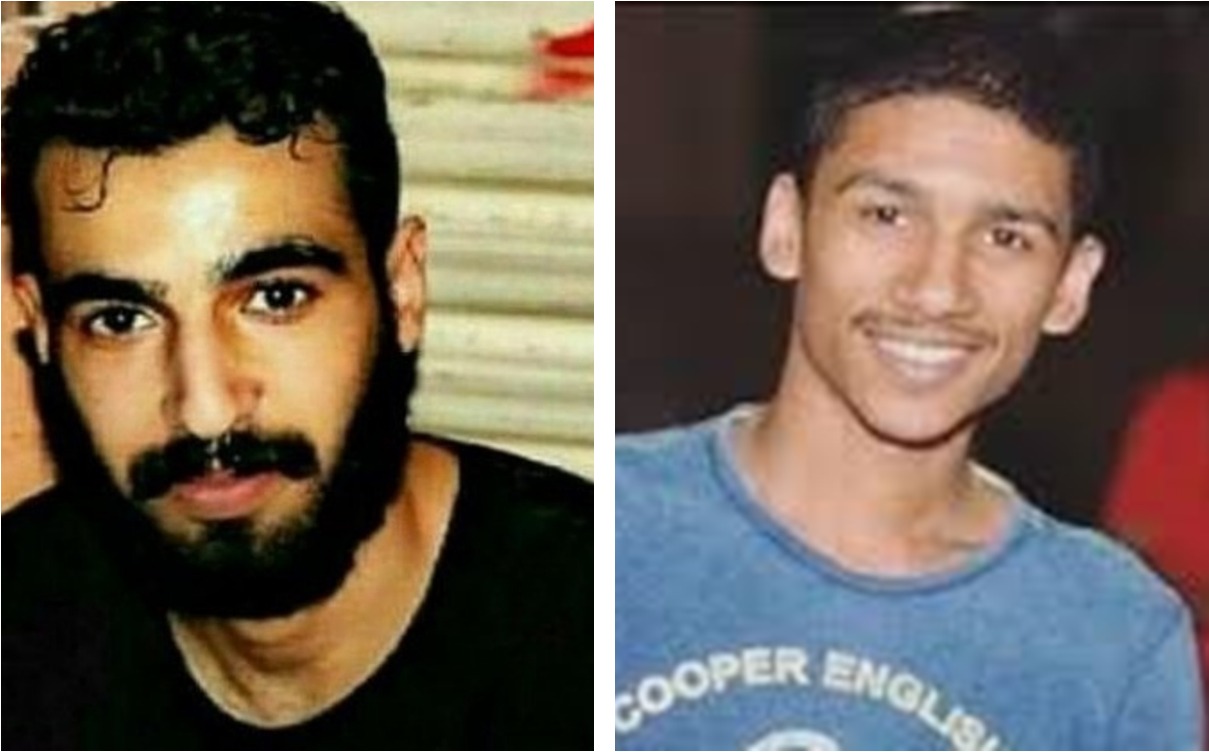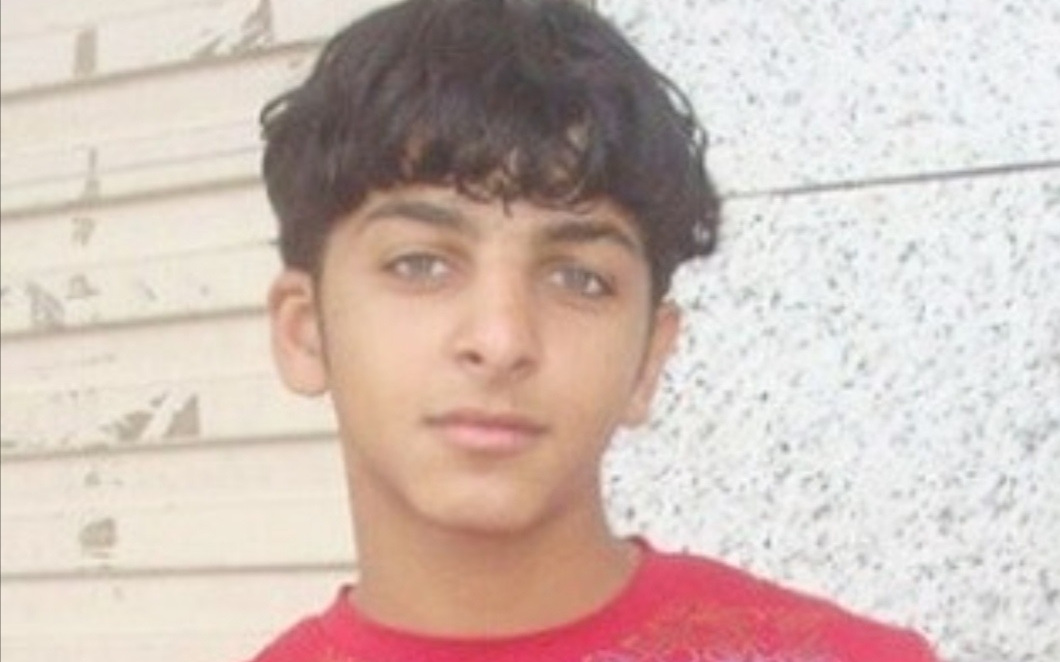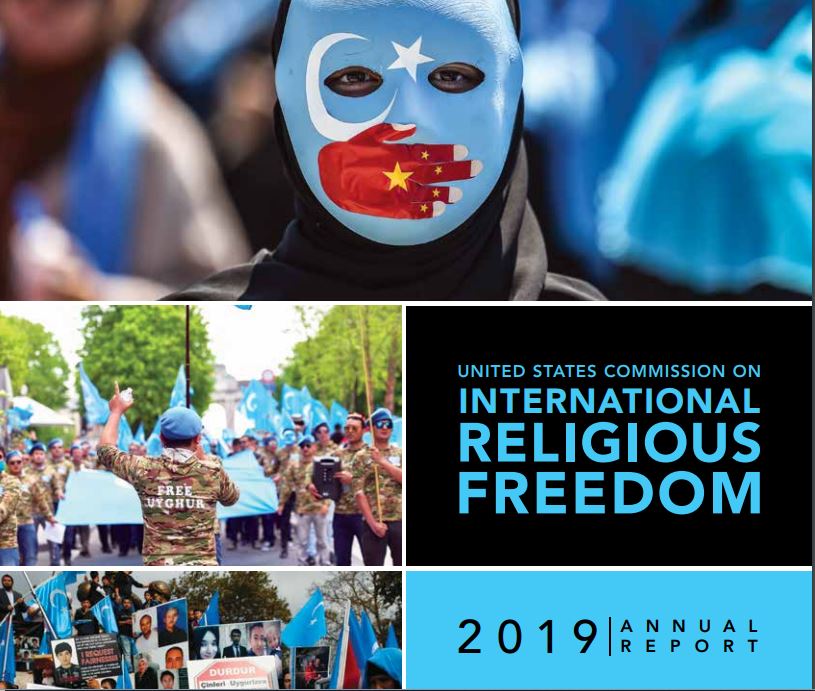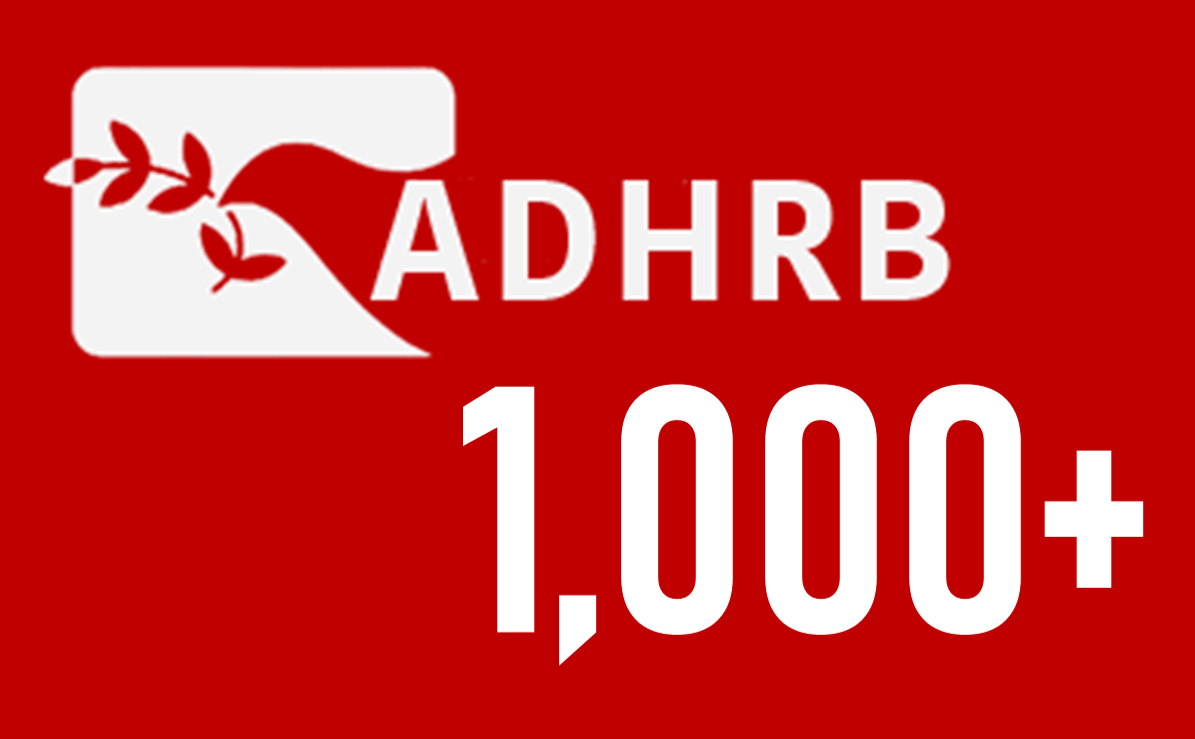*** On Saturday 27 July 2019, the Government of Bahrain executed 25-year-old Ali AlArab and 24-year-old Ahmed AlMalali, along with a third individual. Read ADHRB’s statement on the executions here. 6 May 2019 – Today, Bahrain’s Court of Cassation rejected the final appeal of Ali AlArab and Ahmed AlMalali, two men sentenced to death for[…]
Ali Mahdi Alaiwi was a 17-year-old Bahraini student when he was arrested without a warrant and subjected to an unfair trial. Ali is currently incarcerated in Jau Prison, where he has recently suffered from ill health. On 22 May 2013, regular police officers and riot police, as well as officers in plain clothing and masks,[…]
30 April 2019 – Yesterday, the United States Commission on International Religious Freedom (USCIRF) released its 2019 Annual Report, categorizing Bahrain again as a Tier 2 country “for engaging in or tolerating religious freedom violations that meet at least one of the elements of the ‘systematic, ongoing, egregious’ standard for designation as a ‘country of[…]
29 April 2019 – Today, Americans for Democracy & Human Rights in Bahrain (ADHRB) sent a letter to President Emmanuel Macron ahead of Macron’s meeting with Bahrain’s King Hamad bin Isa AlKhalifa on Tuesday 30 April 2019. In our letter, we urge Macron to have a frank conversation with King Hamad about Bahrain’s human rights[…]
In October 2013, Americans for Democracy & Human Rights in Bahrain (ADHRB) began its United Nations (UN) Complaint Program to assist individuals suffering from human rights abuses in Bahrain and the broader Gulf region. ADHRB complains on behalf of victims to the Special Procedures offices of the UN, who then communicate with the offending government[…]









